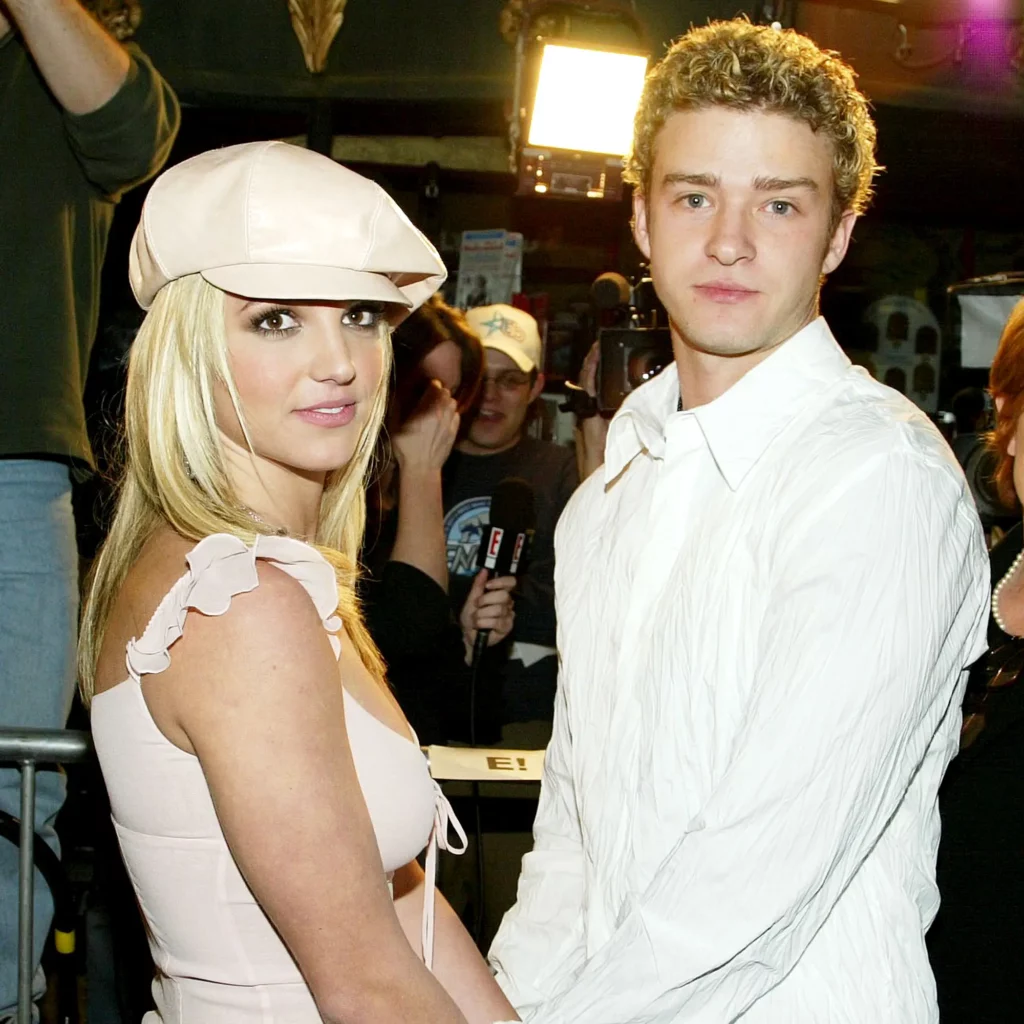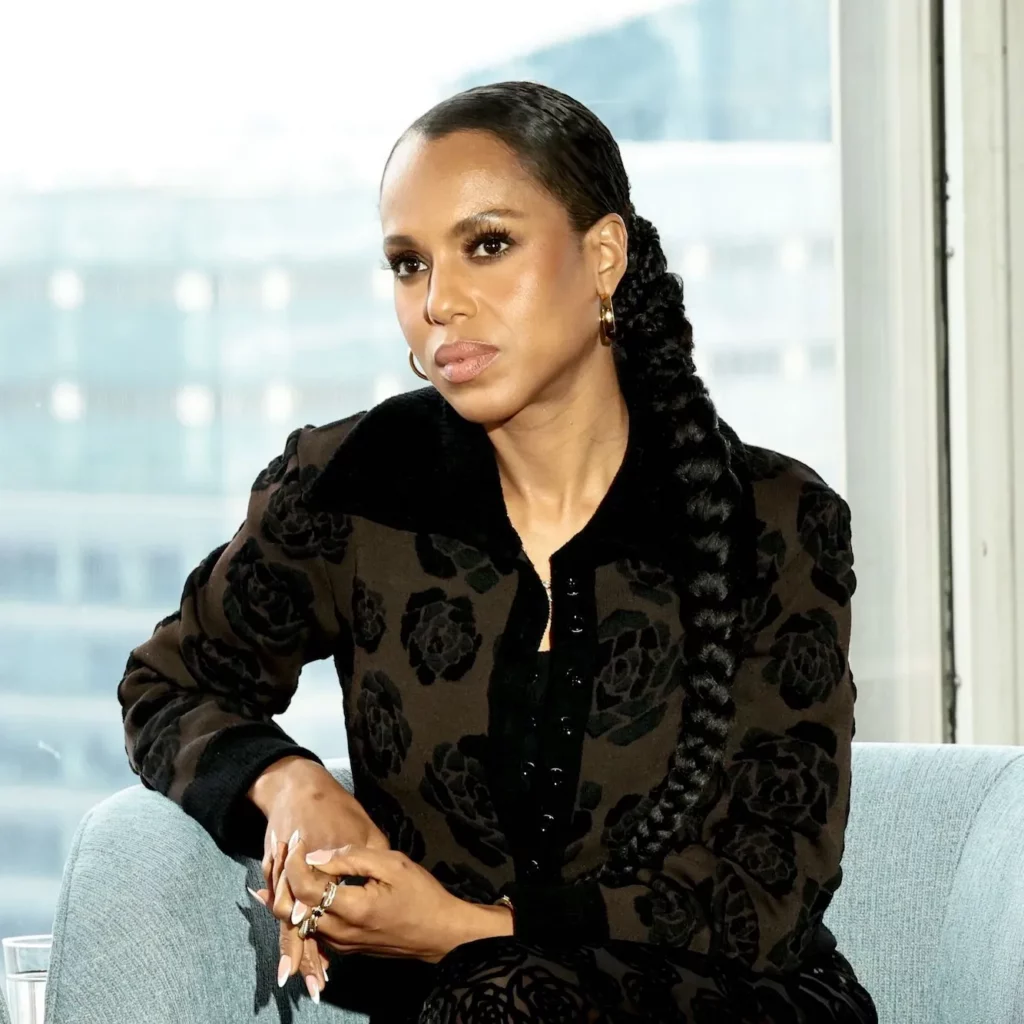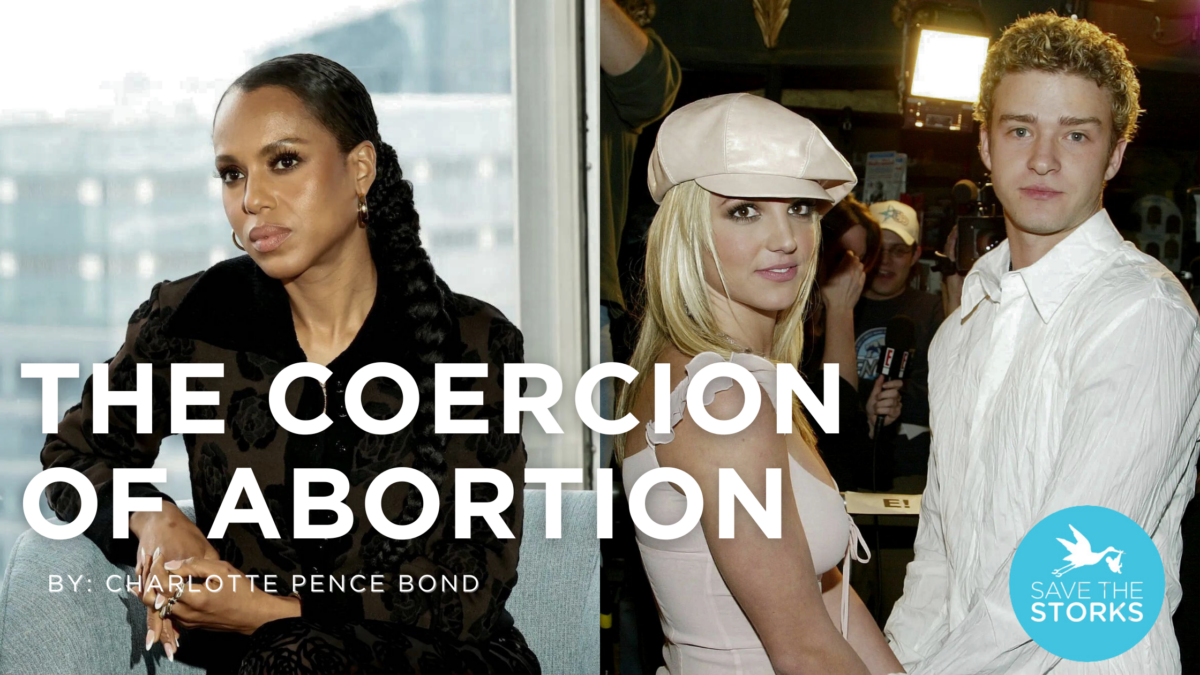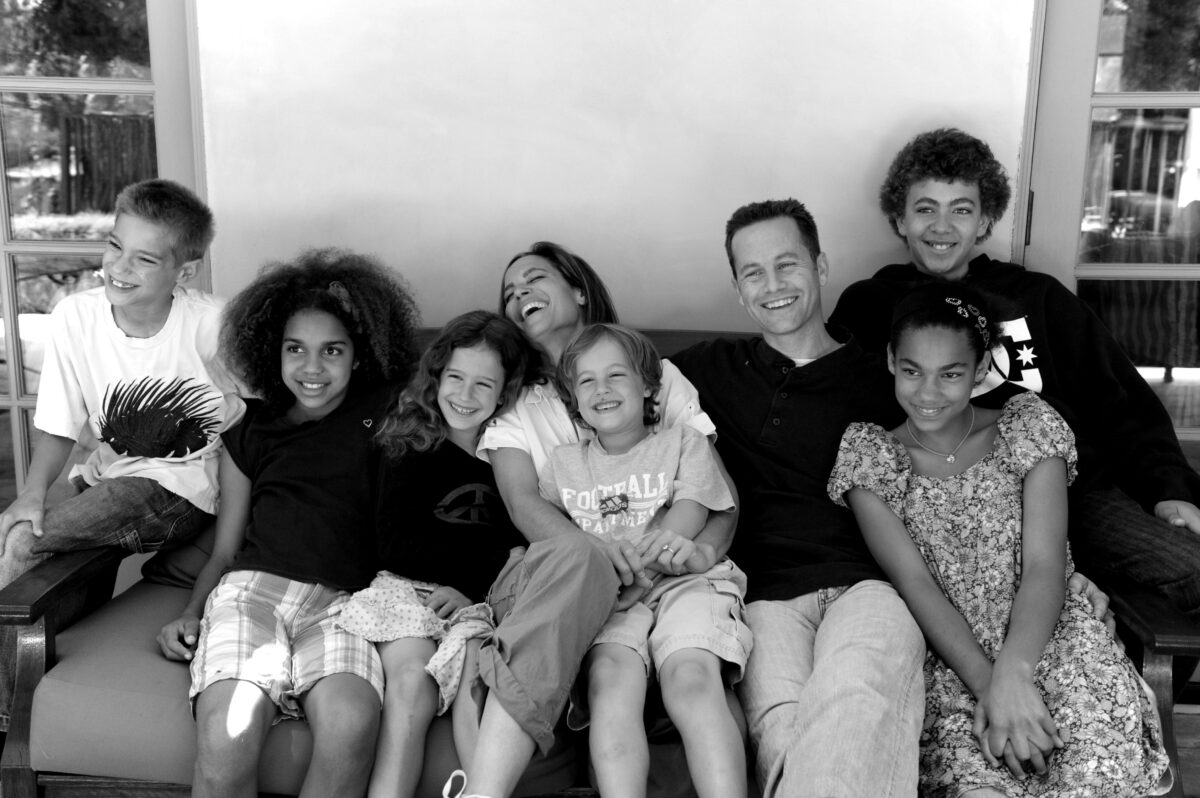By Charlotte Pence Bond
While the pro-abortion movement highlights abortion as a “woman’s choice” and something that involves only “her body,” the reality is that many women choose abortion because of someone else’s choice, someone else’s coercion. The pressure women face to get an abortion can come in the direct form of abuse, but it also happens in more obscure ways.
As the Justice Foundation points out, women can receive pressure to abort from many different sources: the child’s father, their own parents, an employer, or even a school counselor. In all these cases, this is against the law.
And yet, women describe feeling pressured to get an abortion. This can take place on a personal level between two parties, as in the tragic cases of domestic abuse, but it can also occur on a cultural and clinical level. If a woman feels as if she does not have the means to take care of a baby she is carrying, she feels as if the demands of life are too heavy and often seeks a way out.
Coercion in Abortion Decisions
A study published in the journal Cureus earlier this year showed the devastating reality behind many women’s abortion experiences. A glaring 60% of women said they would rather have chosen life for their child “if they had received more support from others or had more financial security.” The women in the study who said they had wanted to get an abortion reported “positive emotions or mental health gains.” However, every other group connected their abortions with “more negative emotions and mental health outcomes.”
Of the 226 women who said they had had an abortion, 33% said it was wanted, 43% said it was “accepted but inconsistent with their values and preferences,” while 24% said it was “unwanted or coerced.” If a woman makes a decision that does not align with her values and preferences, the question is raised about how that choice can truly be her intention.
An earlier Lozier Institute peer-reviewed study showed that 61% of women with a history of abortion described “high levels of pressure on at least one scale.” When women felt pressured to get an abortion, this “was significantly associated with more negative emotions” and disruptions to their daily lives and relationships. They also experienced more flashbacks or dreams about the abortion and had more feelings of sadness, grief, and loss surrounding it.
The Complex Reality of Abortion Pressure
Even when women claim to have wanted to get an abortion, the experience leaves a scar and impacts their lives forever. Women are told that abortion is a good and necessary procedure that is “normal,” even a part of “healthcare.” But as with anything else in life, choices do not exist independently. Decisions are made with the influence – implicit or explicit – of others.
An Elliot Institute report with data from nearly a decade ago detailed the trauma many women experienced surrounding their abortion: 64% of women said they felt pressured to get an abortion, with most feeling “rushed or uncertain.”
Britney Spears recently revealed in her upcoming memoir that she became pregnant while she was dating Justin Timberlake, but he was unhappy about the prospect of having a child at a young age and pressured her to have an abortion.

“If it had been left up to me alone, I never would have done it. And yet Justin was so sure that he didn’t want to be a father,” she writes. “To this day, it’s one of the most agonizing things I have ever experienced in my life.”
Societal and Industry Coercion
Coercion comes in different forms and several figures in the entertainment industry have been coming forward to reveal abortion decisions made in the past due to career and societal pressure.

Actress Kerry Washington recently opened up about the abortion she had when she was in her twenties. She does not speak glowingly about the experience, even though she is adamant that she wants to get an abortion. In her essay, Washington shares details about her abortion, claiming she does so to make women feel less alone in their own experiences. However, reading the piece without hearing the fear and grief accompanying Washington’s choice is impossible. Even though she claims to have wanted to get an abortion, one wonders what societal or personal circumstances might have impacted her decision – and if anything had been different, would she have chosen a different path?
Any attempt to pressure a woman to have an abortion is wrong, and the people who directly coerce a woman to end her child’s life and put her health at risk should be held accountable and deterred with every legal means available. The societal pressure and silent coercion caused by pro-abortion messaging might be more difficult to reverse. Still, the efforts of pro-life activists standing defiantly against the popular messages of the culture in defense of women and support of them and their babies are an encouraging example of how truth and love can prevail.













